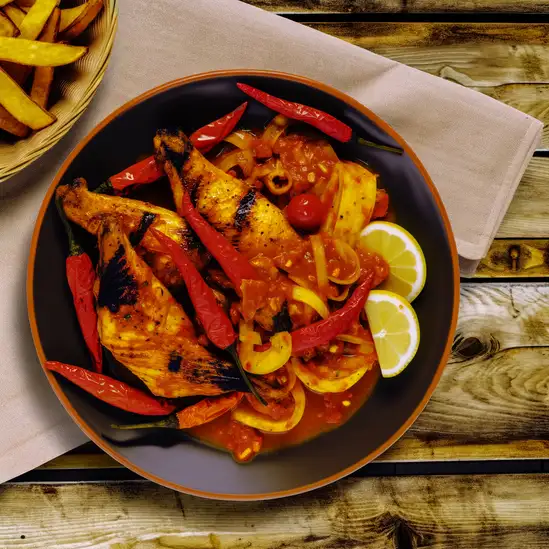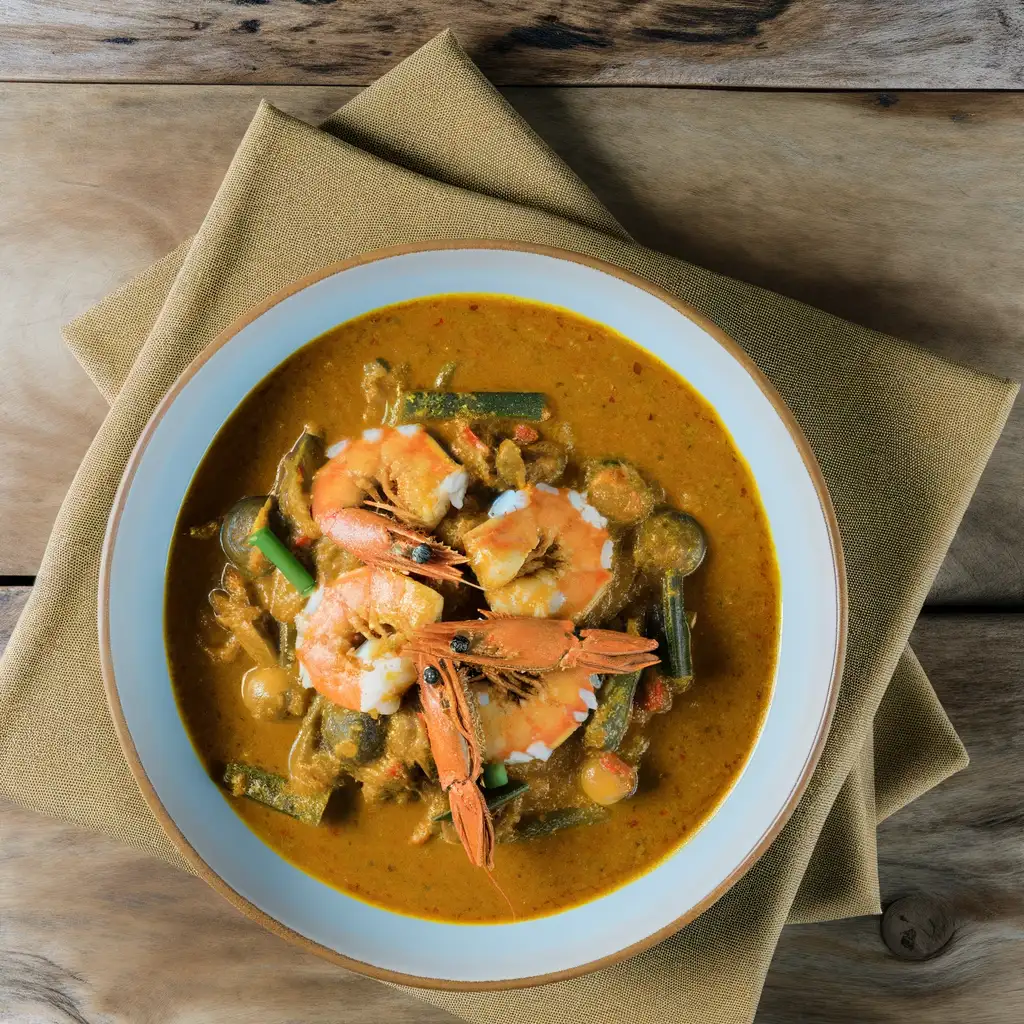



If you ever find yourself dreaming of a place where the ocean breeze carries the scent of salt and spices,Inhambane is that kind of town. It’s a laid-back coastal city in Mozambique that feels like stepping into a warm embrace. The rhythm here is slow and soothing—fishermen haul in their catch at dawn,colorful dhows bob gently in the harbor,and the chatter of locals blends with the distant call of seabirds. Walking through the streets,you’ll notice the faded colonial buildings painted in soft pastels,their walls whispering stories of a rich,layered history. What really makes Inhambane special is its genuine warmth. The people are incredibly welcoming,always ready with a smile or a story about their town. The markets buzz with life,bursting with fresh tropical fruits,fragrant spices,and handmade crafts. You can almost taste the ocean in the air,mingling with the aroma of grilled seafood sizzling over open fires. At night,the sky stretches wide and clear,and the sound of traditional music drifts from local bars,inviting you to join in the celebration of life here. Beyond the town itself,the nearby beaches are stunning—soft white sand meeting turquoise waters that are perfect for snorkeling or just soaking up the sun. Inhambane isn’t about flashy tourist traps; it’s about savoring simple pleasures,connecting with a vibrant culture,and feeling the pulse of a place that’s both timeless and alive. Trust me,once you’ve been,you’ll carry a piece of its magic with you long after you leave.
The information on this page is currently being reviewed by Tripkliq and should be used as a guide only
Eng word: Hello
Eng pronunciation: Oh-lah
Local language: Olá
Eng word: Goodbye
Eng pronunciation: Ah-deh-oosh
Local language: Adeus
Eng word: Thank you
Eng pronunciation: Oh-bree-gah-doo
Local language: Obrigado
Eng word: How much
Eng pronunciation: Kwahn-too koos-tah
Local language: Quanto custa
Eng word: Toilet
Eng pronunciation: Bahn-yay-roo
Local language: Banheiro
Eng word: Help me
Eng pronunciation: Ah-zhoo-dee mee
Local language: Ajude-me
Eng word: Yes
Eng pronunciation: Seem
Local language: Sim
Eng word: No
Eng pronunciation: Now
Local language: Não
Eng word: Excuse me
Eng pronunciation: Kohm lee-sen-sah
Local language: Com licença
Inhambane has been an important trading hub since the 11th century, attracting merchants from Persia, India, and Arabia due to its strategic coastal location.
The Portuguese established a permanent settlement in Inhambane in the early 16th century, making it one of the oldest European settlements in Mozambique.
Built in the 18th century, this cathedral is a stunning example of colonial architecture and remains a significant landmark in Inhambane.
The Governor's Palace, constructed in the 19th century, showcases the grandeur of colonial administration and offers a glimpse into the city's past governance.
Inhambane is renowned for its traditional dhow building, a craft that has been passed down through generations and continues to be a vital part of the local culture.
The picturesque Inhambane Bay has been a focal point for maritime activities for centuries, providing a safe harbor for ships and a rich fishing ground for locals.
The Chopi people of Inhambane are famous for their traditional music and dance, particularly the timbila, a type of xylophone that is integral to their cultural heritage.
The Inhambane Museum offers a fascinating collection of artifacts and exhibits that chronicle the city's rich history and cultural diversity.
Inhambane is dotted with well-preserved colonial buildings, offering a charming glimpse into the architectural styles and urban planning of the colonial era.
In Inhambane, the most common Power Adaptor is Type C, Type F, Type M.







A spicy grilled chicken dish marinated in a fiery piri-piri sauce made from chili peppers, garlic, and lemon.

A flavorful curry made with fresh local seafood, coconut milk, and a blend of spices, reflecting the coastal influences of Inhambane.

A traditional dish made from cassava leaves cooked with peanuts and coconut milk, often served with rice or xima.

A hearty stew of beans with pork or beef, often served with rice, and influenced by Portuguese cuisine.

A staple food in Mozambique, xima is a thick porridge made from cornmeal, typically served as an accompaniment to various stews and sauces.

A traditional cake made from ground peanuts and potatoes, often enjoyed as a dessert or snack.

Rice cooked with coconut milk, giving it a rich flavor and creamy texture, often served alongside fish or meat dishes.
Known as the gateway to the Bazaruto Archipelago,Vilankulo offers stunning beaches,crystal-clear waters,and world-class diving and snorkeling opportunities.
ExploreImagine stepping into Maputo and instantly feeling the pulse of a city that’s alive with rhythm and warmth. The air carries a mix of salty ocean breeze and the rich aroma of freshly grilled seafood from street vendors,while the streets hum with the chatter of locals and the distant beat of marrabenta music. It’s a place where colonial architecture with its pastel hues stands shoulder to shoulder with vibrant markets bursting with colorful fabrics,spices,and handcrafted treasures. Walking along the waterfront,you catch glimpses of fishermen hauling in their catch,and the scent of coconut and tropical fruits mingles with the salty air.
Maputo’s charm lies in its effortless blend of cultures—Portuguese influences mingle with African traditions,creating a unique,laid-back vibe that’s both cosmopolitan and deeply rooted in local life. The city feels like a warm embrace,where people greet you with genuine smiles and invite you to share in their stories over a cup of strong coffee or a cold bottle of 2M beer. At night,the city transforms as jazz and Afrobeat spill out from cozy bars,inviting you to dance or simply soak in the lively atmosphere.
What really stays with you is the city’s spirit—resilient,creative,and welcoming. Whether you’re wandering through the bustling Mercado Central,savoring fresh prawns at a beachside shack,or watching the sunset paint the sky over the Indian Ocean,Maputo leaves you with a sense of having discovered a place that’s both vibrant and heartfelt,a city that invites you to slow down and savor every moment.
Pemba, located on the northeastern coast of Mozambique, is a captivating city known for its pristine beaches, crystal-clear waters, and rich history. With its stunning coastline, Pemba offers incredible opportunities for diving, snorkeling, and water sports. The city's Portuguese colonial architecture, vibrant markets, and friendly local culture add to its allure. Whether you want to relax on beautiful beaches, explore the underwater world, or immerse yourself in the local traditions, Pemba is a destination that will enchant and inspire visitors from around the world.
ExploreA port city with stunning coastal views,Nacala is a great base for exploring nearby islands and enjoying water sports like diving and sailing.
ExploreFamous for its historic Stone Town and idyllic beaches,Zanzibar City offers a mix of cultural heritage and tropical island paradise.
ExploreDar es Salaam pulses with a vibrant energy that instantly wraps around you like a warm,familiar hug. It’s a city where the salty breeze from the Indian Ocean mingles with the rich aroma of street-side spices and freshly grilled seafood,creating an intoxicating sensory cocktail. Walking through its bustling markets,you’ll hear the lively chatter of vendors,the rhythmic beat of taarab music drifting from nearby cafes,and the occasional call of fishermen bringing in their catch. There’s a raw,unpolished charm here—far from the polished tourist spots—that makes every corner feel alive and authentic.
The city’s character is a beautiful blend of cultures,from the Swahili influences visible in the coral stone architecture to the colorful fabrics and crafts that spill out of shops and stalls. You can taste this fusion in the food too—imagine biting into a perfectly spiced mishkaki skewer or savoring a plate of ugali with fresh fish,all while watching the sun dip below the horizon,painting the sky in fiery oranges and pinks.
What makes Dar es Salaam truly special is its people—their warmth,resilience,and infectious smiles. Whether you’re sharing a laugh with a local artisan or joining a lively street dance,you’ll feel a genuine connection that stays with you long after you leave. It’s a city that invites you to slow down,soak in its rhythms,and discover stories woven into every street and wave.
Some ATMs may be tampered with to steal card information, or individuals may offer unsolicited help at ATMs to gain access to PINs and cards.
On popular beaches, tourists may be approached by individuals offering massages, drinks, or other services at seemingly low prices, only to demand exorbitant fees afterward.
Tourists exchanging money at unofficial locations may receive counterfeit bills or be shortchanged during the transaction.
Individuals posing as official tour guides may approach tourists, offering their services but providing little value or leading them to overpriced shops or restaurants where they receive commissions.
Scammers posing as police officers may approach tourists, accuse them of minor infractions, and demand on-the-spot fines.
Vendors may sell mass-produced items as 'authentic' local crafts, often at high prices, misleading tourists about their origin and value.
Tourists may be charged significantly higher prices for guided tours, boat trips, or other activities compared to locals. Some operators may also promise services or experiences that are not delivered.
In crowded areas or markets, thieves may use distractions to pickpocket tourists or steal belongings left unattended.
Some taxi drivers may not use meters or claim the meter is broken, charging tourists inflated fares, especially for short distances.
Mozambique has strict laws against the possession, use, and trafficking of illegal drugs. Penalties can be severe, including long prison sentences and heavy fines. Tourists should avoid any involvement with illegal drugs to stay on the right side of the law. Prescription medications should be carried with a doctor's note to avoid any misunderstandings.
In Inhambane, Mozambique, smoking is generally allowed in public places, but there are restrictions similar to many other countries. Smoking is prohibited in enclosed public spaces, such as restaurants, bars, and public transportation. Tourists should look for designated smoking areas and be mindful of local regulations to avoid fines.
Vaping is relatively new in Mozambique, and specific regulations may not be as well-defined as those for smoking. However, it is advisable to follow the same rules as smoking, avoiding vaping in enclosed public spaces and looking for designated areas. Tourists should also be aware that local attitudes towards vaping may vary.
What are other people saying about Inhambane?
Recent Social posts about Inhambane
There is nothing to show you for now.